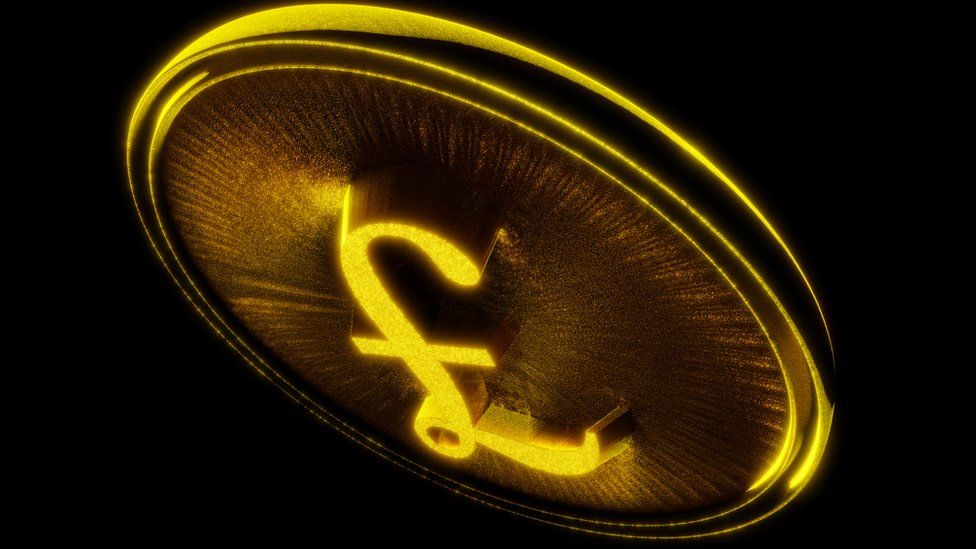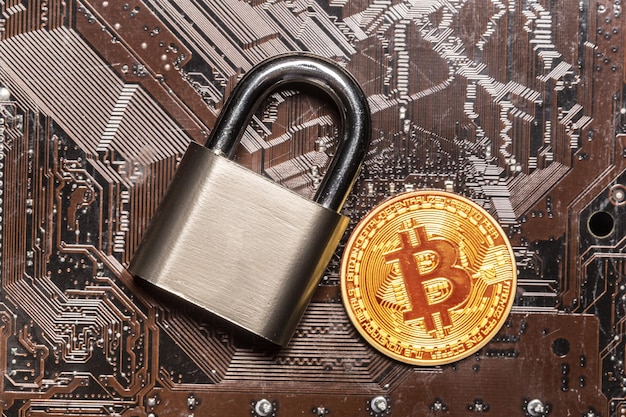|
Those folks hopeful of the
eventual issuing of a Scots pound are having to curb their enthusiasm.
Instead they are keeping an eagle eye on another monetary issue with
global implications involving both sides of the Pond..
It centres on the UK that appears to be following the United States' ca
canny lead by being in no tremendous rush to start the process towards
introducing a digital currency, in Britain's case labelled the "Britcoin."
One Scots business leader, who prefers to remain anonymous, declared:
"Financial markets depend on certainty but at the moment it's all a bit
of a digital mess to put it mildly. Not good."
Such delays bring new pressure on the West - including Continental
Europe - to more carefully weigh up timing of any crypto money rollout.
It also comes in stark contrast to sanctioned countries including China,
Russia and Iran each busy accelerating respective cyber moves.
At the last count 134 countries and currency unions are reported to be
exploring a way forward with 98 per cent of global GDP exploring a
central bank digital currency (CBDC). Sixty-eight are in an advanced
phase of exploration, development, pilot or launch, reports Atlantic
Council Geoeconomics Center.
Very early adopters include El Salvador
copied by the Central African Republic. Followed by the Bahamas, Jamaica
and Nigeria. However, the Eastern Carribean Currency Union of eight
countries halted availability of "DCash" due to technical issues. A new
pilot is being developed.

Back in Britain when asked about timing of a
Digital Pound, the newly-elected UK Government's HM Treasury responded
what amounted to: "A decision will be made in due course." It then
rapidly referred the press enquiry to Bank of England colleagues and the
BoE was approached and asked - more than once - to respond.
The bank launched what has become a lengthy consultation launched in
Spring 2023, describing any issue of cyber money alongside cash as a
CBDC.
In January of this year the FT claimed a digital version of the British
pound required a "bolder vision". Ultimately, it would require the
approval of Parliament. With all potential political ramifications
undoubtedly in full glare and eventual outcome remaining uncertain.
BoE has recognised a digital pound "may be necessary" to keep up with
innovations in payments and provide a form of money issued by the state
that works online, Bloomberg reported. Ideally a digital currency is
viewed as a stable alternative to the unregulated, high-risk and highly
volatile crypto asset marketplace.
CNN downbeat report
BoE is on record as stating a more stable blockchained and immutable
"core ledger" for business and consumers alike was paramount in any
launch. Especially as safeguard against financial crime where digital
wallets appeared to be accessed with consummate ease from smartphones
and smartcards.
A snag is how a single Britcoin can be squared with unregulated
currencies. A Bitcoin can equal tens of thousands of pounds sterling but
rise and fall at an alarming rate in a matter of 24 hours. Also, it
cannot be removed from external commercial pressures: CoinDesk reported
Elon Musk's X removing Bitcoin emojis from the former Facebook site.
CNN recently reported "people do not need to worry about a (US) Central
Bank digital currency". Adding: "Nothing like that is remotely close to
happening anytime soon."
The Federal Reserve Bank has staged a trial but the US Federal Reserve
has not decided to transition to a CBDC. Or supplement its existing
monetary system ie the dollar, the US and the global economy. with one,
reports Investopedia. The European Central Bank has investigated a
digital euro and the European Union has studied a fast-track for banks.
IMF warning
Yet investors and cash-strapped businesses remain wary of pitfalls
especially when conducting or planning cross-border deals. Studiously
avoiding an area long labelled a crypto "wild west" where mistrust of
digital currencies remains palpable.
The International Monetary Fund (IMF) heads up one of numerous
detractors pointing to threats to commercial confidentiality. Where
privacy-invasive default settings and deceptive interfaces take an
unwitting organisation into unforseen and costly areas online.
Now anxieties are further heightened following an apparent speed-up of
such developments beyond the West. China is in an advanced state of
developing a digital yuan pilot programme.
Russia intends to perform its first cross-border payments using a
digital ruble in the second half of 2025. Russian leader Vladimir Putin
is on record as praising its experimental introduction. Furthermore,
Russian central banks and Iran are co-operating to connect respective
digital currency systems. Reuters reports this would allow the two
countries to overcome ongoing sanctions by conducting bilateral
transactions.
Crypto scams and scandals
Globally cryptocurrencies started 15 years ago in an unprecedented
flurry of cyber activity centred on the Bitcoin. To this day viewed as
the crypto market leader.
The total cryptocurrency market cap is reported to stand at
$2,311,688,456,323. However, experts, including Kryptocasinos.com, state
the digital currency marketplace remains full of scams and scandals.
Billions continue to be lost to hacks and scams each year mostly due to
fraudulent trading platforms. It seems prudent to be cautious of what
remains a headline-grabbing maverick crypto playground of the finance
marketplace?

Not necessarily so when it comes to
cryptopreneurs. Bloomberg's wealth index cites high-net-worth
individuals (HNWs) unfazed by the chaos. Global Digital Content has
described crypto market capitalisation as "infinity".
An HNW digital duality - call it a split personality - fittingly like
two sides of a coin finds on the one hand well-heeled cyber asset
speculators unruffled by the chaos. Almost like "bring it on".
On the other, such impulsive action is being tempered by the emergence
of digital "rehab" centres rescuing one-time digital devotees desperate
to wean themselves off a risky online pastime. A country and the banks
within it have no such luxury before them ensuring a digital currency
launch all goes to plan.
In the meantime, those Scots remaining confident of having their own
digital currency one day soon are consoling themselves with the
knowledge of a thriving financial technology (fintech) sector. One
expected to boost its assets-under-management from £690 billion to £1
trillion by 2030. |

